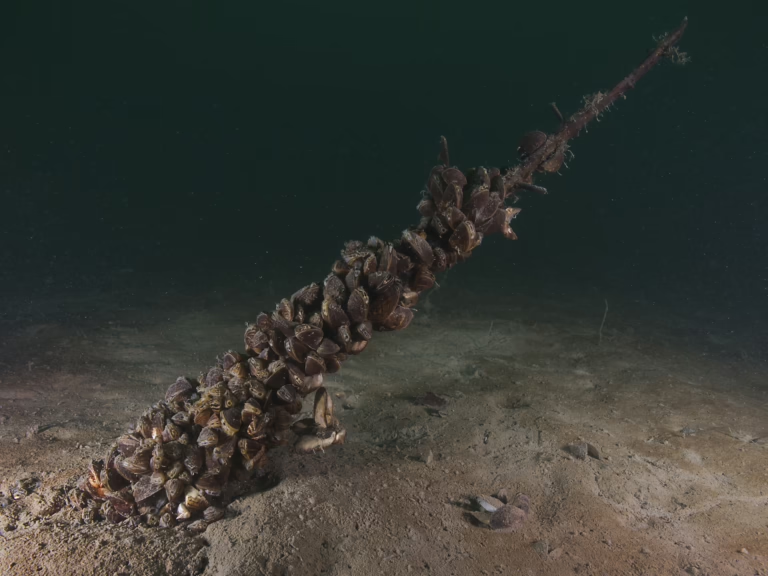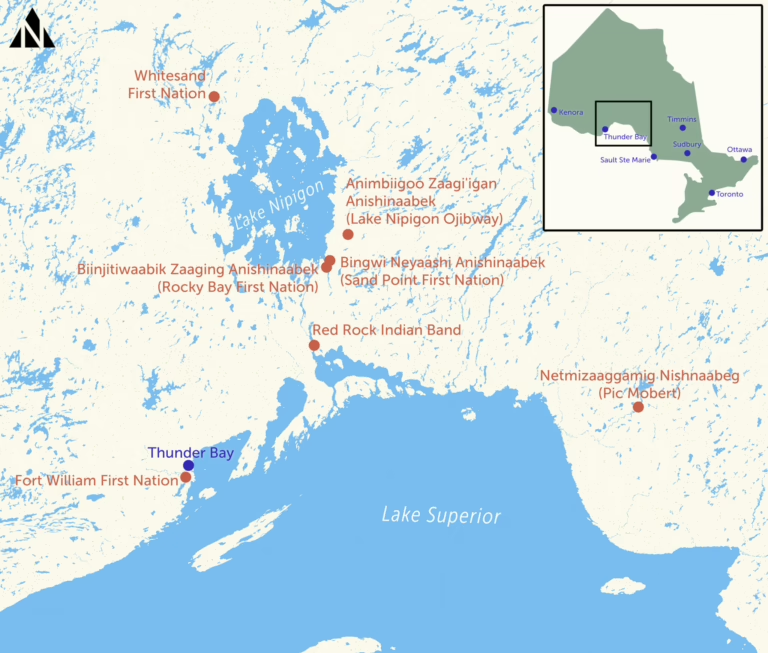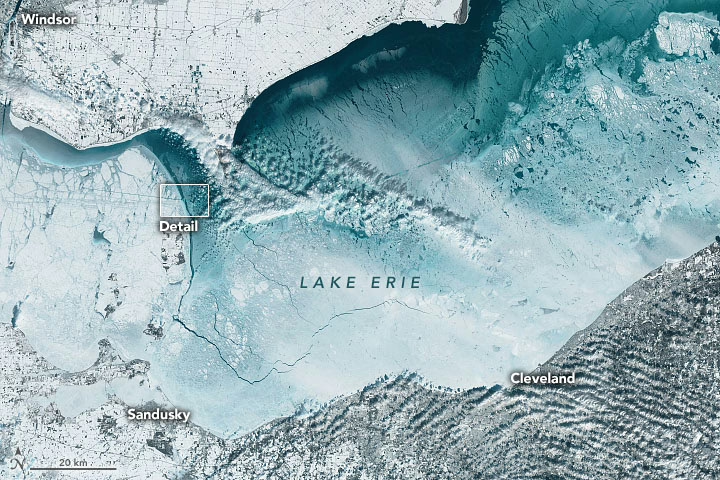News
Invasive Mussel Collaborative releases new tool to determine locations for invasive mussel control projects
The Invasive Mussel Collaborative (IMC) today announced the release of a new tool to help identify priority Great Lakes basin sites for implementing experimental invasive mussel control. Numerous entities, including government agencies, nongovernmental organizations, academia, and private industry, have spent more than 30 years researching zebra and quagga mussels and undertaking efforts to prevent and control their spread. The IMC’s Great Lakes Experimental Mussel Suppression Site Screening Tool (GLEMST) allows users to compare potential locations for applied research and management activities by reviewing data that includes fish spawning and nursery habitat, native mussel habitat, water intake infrastructure, threatened and endangered fish species, and distribution of nuisance algae.
“The IMC’s new tool will help scientists and managers determine the best possible locations in the Great Lakes basin for testing new technologies to control invasive mussels,” said Erika Jensen, executive director of the Great Lakes Commission, which coordinates the IMC with the U.S. Geological Survey (USGS), the National Oceanic and Atmospheric Administration (NOAA) and the Great Lakes Fishery Commission. “This is the second decision-support toolreleased this year by the IMC to aid in the fight against invasive mussels, which continue to cause significant damage to our Great Lakes by outcompeting native species, clogging water intakes for power and drinking water supply, and contributing to the growth of nuisance algae.”
The Great Lakes Experimental Mussel Suppression Site Screening Tool was developed by the IMC’s Coastal Site Priorities Work Group, led by Jeff Tyson of the Great Lakes Fisheries Commission and Lizhu Wang of the International Joint Commission. The IMC was established in 2015 to share information, identify regional research and management priorities and advance scientifically sound technologies for invasive mussel control. The IMC is funded by the Great Lakes Restoration Initiative through an agreement with the U.S. Geological Survey. Learn more about the IMC and its work online.
The Great Lakes Commission, led by chair Todd L. Ambs, deputy secretary of the Wisconsin Department of Natural Resources (retired), is a binational government agency established in 1955 to protect the Great Lakes and the economies and ecosystems they support. Its membership includes leaders from the eight U.S. states and two Canadian provinces in the Great Lakes basin. The GLC recommends policies and practices to balance the use, development, and conservation of the water resources of the Great Lakes and brings the region together to work on issues that no single community, state, province, or nation can tackle alone. Learn more at www.glc.org.


